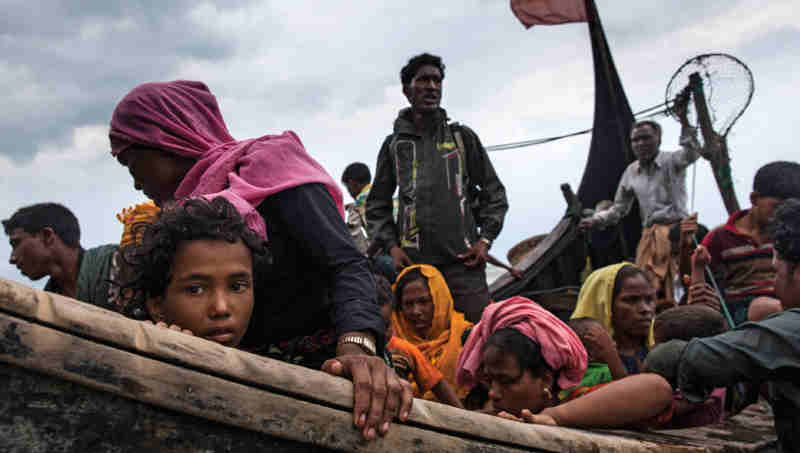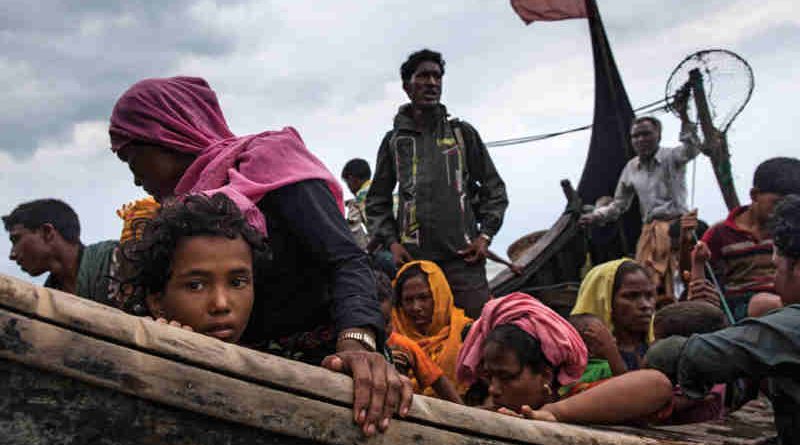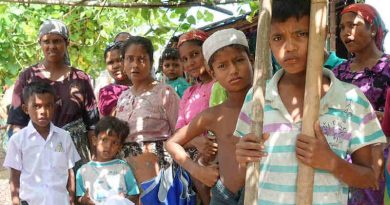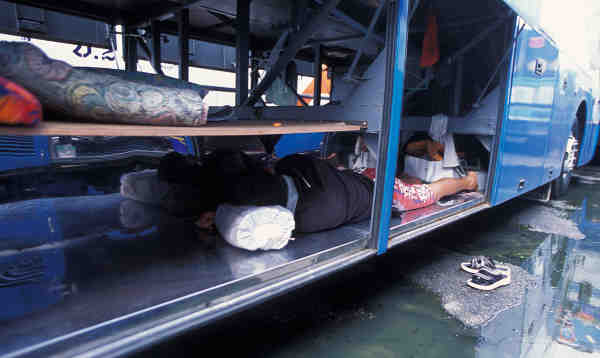Rohingya Refugee Crisis Is a Human Rights Nightmare: UN Chief

On his visit to Bangladesh on Monday, United Nations Secretary-General António Guterres applauded Bangladesh for giving refuge to hundreds of thousands of Rohingya refugees driven from their homes in Myanmar by widespread violence.
Since late August 2017, violence against Myanmar’s mainly-Muslim minority Rohingya, forced hundreds of thousands to flee their homes in Rakhine state and seek refuge across the border, in Bangladesh. Earlier, nearly 200,000 Rohingya refugees were already sheltering in Bangladesh as a result of earlier displacements.
As of 24 May, according to the UN, there are an estimated 905,000 refugees in Cox’s Bazar. To address the ongoing and increasing needs, the UN launched a Joint Response Plan in March, urging $951 million to provide life-saving assistance to the refugees and host communities. However, the appeal remains only 18 per cent funded.
“The Rohingya are one of the most discriminated against and vulnerable communities on Earth. The Rohingya refugee crisis is a humanitarian and human rights nightmare. I thank Bangladesh for its generosity in hosting the refugees,” Mr. Guterres said.
“In Cox’s Bazar, Bangladesh, I’ve just heard unimaginable accounts of killing and rape from Rohingya refugees who recently fled Myanmar. They want justice and a safe return home,” he added.
The safety of the Rohingya refugees during this monsoon season is priority one. As many as 200,000 need to be relocated.
“We cannot allow the monsoons to wash away the hopes of the Rohingya refugees I met today in Bangladesh. Nothing could’ve prepared me for the scale of crisis and extent of suffering I saw today in Cox’s Bazar, Bangladesh. I heard heartbreaking accounts from Rohingya refugees that will stay with me forever,” Mr. Guterres said.
He also met Rohingya women and girls who suffered horrific acts of sexual violence in Myanmar — some now mothers to babies born of rape. “They must not be forgotten victims. The world must know their story. We must show them solidarity,” Mr. Guterres suggested.
💛 Support Independent Journalism
If you find RMN News useful, please consider supporting us.




